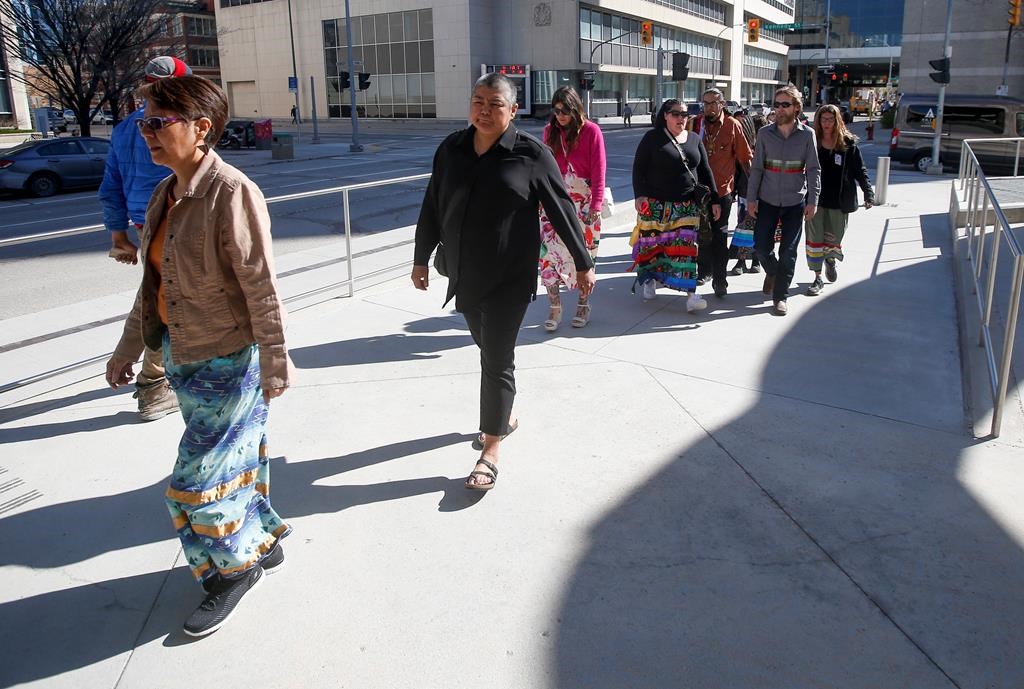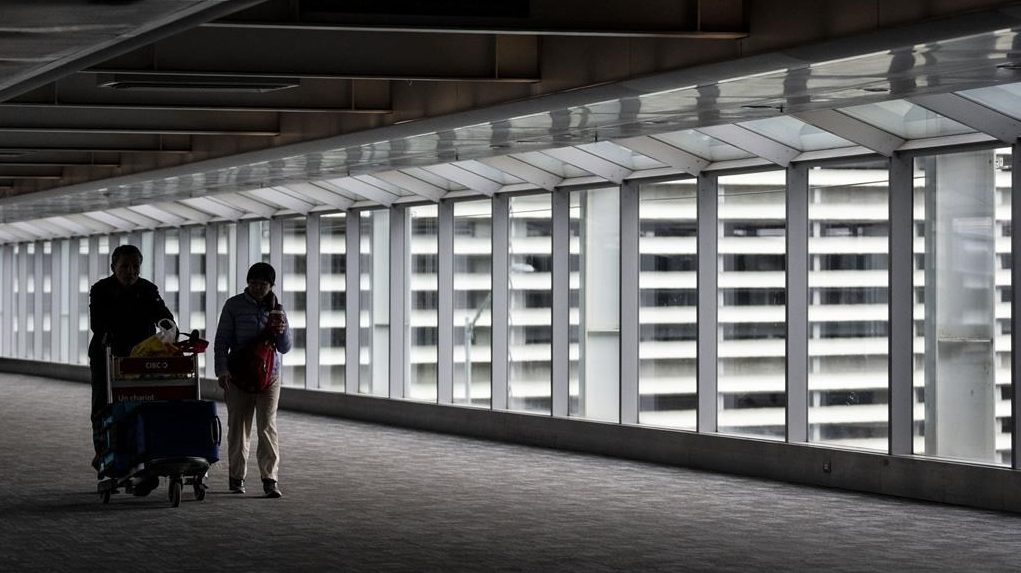Impact of Lynx Air ceasing operations
Posted February 24, 2024 1:23 pm.
Last Updated February 24, 2024 1:27 pm.
With Calgary-based Lynx Air closing, and flights from the budget airline no longer an option for travellers after Feb. 26, what kind of impact will this have on customers?
The airline started taking to the skies just a couple of years ago, but their model to offer “no-frills” flights at more affordable rates couldn’t stand the test of time in the Canadian market – citing rising costs, high fuel prices, and the difficult economic and regulatory environment as factors for their closure.
“It’s hard for any airline to succeed in Canada. There is just not enough people and the land mass that we cover is just too big,” said Concordia University economist Moshe Lander.
He says that prices are going to go up for Canadian consumers with the closure of Lynx, not just because of one less provider but for travellers who are left rebooking cancelled Lynx flights.
“But you’re one less week, one less month closer to your travel date for sure then it is going to cost more money and of course, this is going to upset Canadian passengers and the government is going to shrug and say ‘C’est la vie, there is nothing that we can do about it,'” he said.
“I’m concerned that this may mean higher prices.”
The company said those who were planning to board flights on Monday and onward must contact their credit card company to obtain a refund.
“Please note: Lynx Air’s contact centre will not be available to assist with refunds,” it said on its website.
Related Stories:
- Lynx Air to cease operations as of Monday. What passengers need to know
- Have a cancelled Lynx Air flight? Here’s what to know about getting a refund
Gabor Lukacs, president of the Air Passenger Rights advocacy group, says the main question that needs to be asked in Lynx Air’s closing is what is going to happen with passengers who are owed money from the airline.
“What I would like to see going forward is a legislation that puts passengers at the front of the line in airline bankruptcies in respect to compensation, reparation costs and so on,” he told CityNews.
“Because then the financial institutions would be the ones that would actually call out if something goes wrong and possibly pull the plug early, they would actually put steps in place to ensure that their money is protected and therefore the passengers’ money is protected.”
And as for the future of airline carriers in Canada, Lander says if the Canadian government eased up its regulations allowing international airlines to fly domestically, it would create competition.
“It’s still not going to solve the problem though of the unprofitable short-haul flights,” he said. “Who’s going to want to fly to Saskatoon? Who’s going to want to pick people up in Fredericton and take them to Quebec City?”
But at least it would address some of the problems that exist on some of the major long-haul routes and create lower prices so that even if you had to pay higher prices on some of those short-haul routes, you would still find cost savings for the consumer.”








